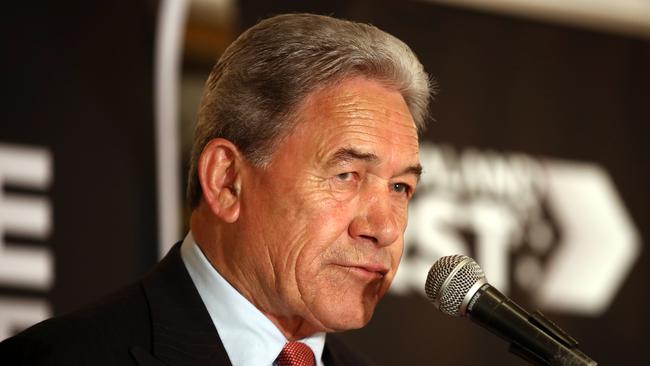
Just a month before Kiwis in Australia can download their ballot papers from vote.nz, Labour is freefalling in the polls.
Chris Hipkins narrowly remains preferred prime minister, being pitied rather than disliked. Jacinda Ardern’s successor hasn’t put a foot wrong personally, but his ministers have made his government a joke. Kiwis can no longer mock Australia’s 2010-13 Labor circus or the Coalition’s 2015-2022 post-Tony Abbott fiasco. In just two months, NZ Labour has trumped both.
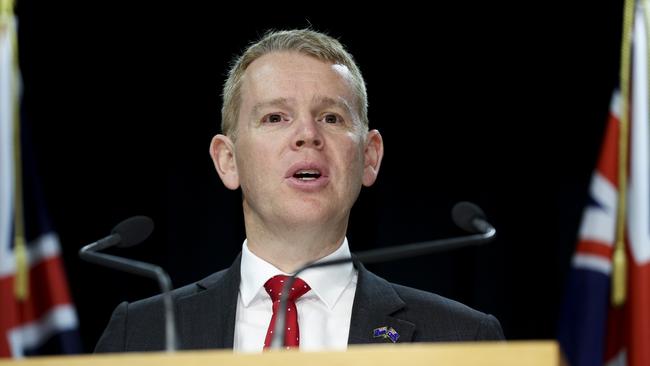
When Ardern quit in January, Labour high-flyers Michael Wood and Kiri Allan were seriously considered for prime minister.
Since then, Wood resigned in disgrace in June for failing to sell his shares in Auckland Airport despite the Cabinet Office telling him 16 times to do so after Ardern appointed him Transport Minister in 2020.
In July, Allan went one better, with “Justice Minister arrested for drunk-driving after police dogs join chase”.
After reaching 38 per cent after Hipkins’ elevation, Labour has crashed as low as 26 per cent.
Even its Green Party ally, polling up to 12 per cent, publicly told Labour to pull up its socks.
Labour and the Greens could no longer govern alone, now also needing Te Pāti Māori (TPM), currently polling up to 6 per cent. But, since being taken over by the ultra-left, today’s TPM isn’t the same party that uneasily supported John Key’s National government for nine years.
The polls aren’t much kinder to New Zealand’s Malcolm Turnbull-like National Party, now led by the former chairman of Ardern’s Business Advisory Council, Christopher Luxon, then chief executive of the 51 per cent state-owned Air New Zealand. Currently stuck in the mid-30s, it relies on the classical-liberal Act Party, polling in the low teens.
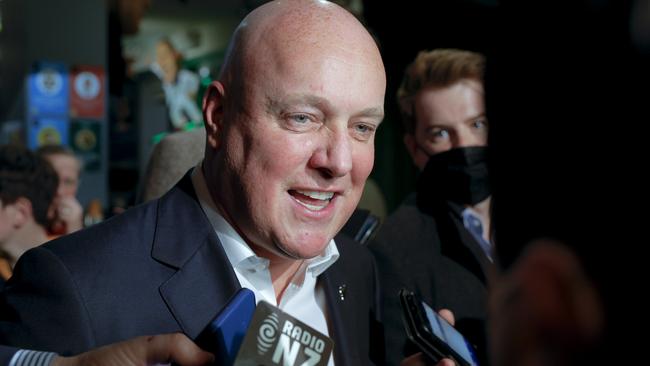
A clear result is possible but, more probable, Peters’ One Nation-like NZ First will decide the election, as it did in 1996, 2005 and 2017, backing National the first time, then Labour twice. This time, Peters promises to back National. The only political leader to express any sympathy for the anti-vax protesters that illegally occupied parliament’s forecourt for 24 days last February, his party is already on the cusp of the 5 per cent threshold to get back.
NZ First strategists now plan to pivot to moderate Labour and National voters. If Luxon is certain to be prime minister, Peters will argue, better to have a moderate National-NZ First government than an allegedly far-right National-Act regime.
Such messaging has worked for him before, in both directions. He needs just a handful of voters fleeing from the collapsing Labour for the maths to work again.
Peters’ vision, such as it is, revolves around returning to the 1970s. Were he Australian, he’d pine for Malcolm Fraser. The economy would be managed out of Wellington. Foreign policy would lean strongly to AUKUS.
Thus, when putting Labour into power, Peters has demanded he be foreign minister, achieving detente with the Bush administration for PM Helen Clark in 2008. More dramatically, he was tilting New Zealand strongly towards the US in a 2018 speech at Georgetown University. Ardern wasn’t given advance warning, but she and Hipkins have nevertheless followed its line.
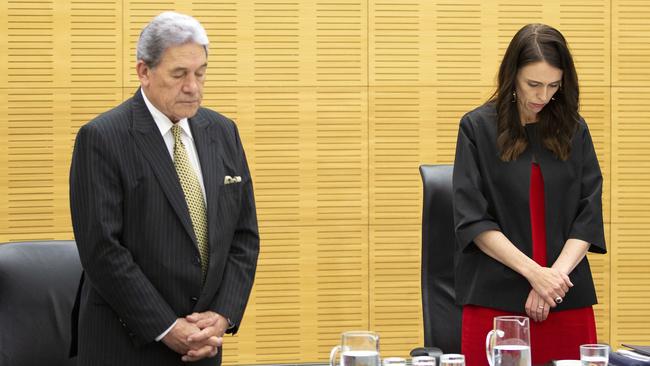
If Peters is again kingmaker and keeps his promise to support Luxon, NZ First insiders suggest his price would be regaining the treasurer role National created for him in 1996. The role was abolished in 1999 but Peters, who declared in 2017 that capitalism has failed, would argue its re-establishment is necessary for him to stop National veering off to the right. Act, whose reformist zeal also worries key Luxon backers, would be told that’s the price of getting rid of Labour.
Luxon is responding, urging centre-right voters not to surrender to their anger at Labour’s failure and National’s lack of policy ambition by voting for Act or NZ First. He warns only a vote for him guarantees a change of government. Luxon’s problem is that voters are indeed angry but know his warning isn’t true.
At least 90 per cent detest the thought of Peters once again choosing their prime minister, then holding the unlucky winner hostage. But it takes only 5 per cent thinking that’s the best way to express their rage, or that it’d be a bit of a laugh. If so, New Zealand’s long decline will accelerate. The 90 per cent will need to rise up to demand the end of the electoral system that lets it happen.
Matthew Hooton is a political commentator in New Zealand who has previously worked for the National and Act parties and the mayor of Auckland.


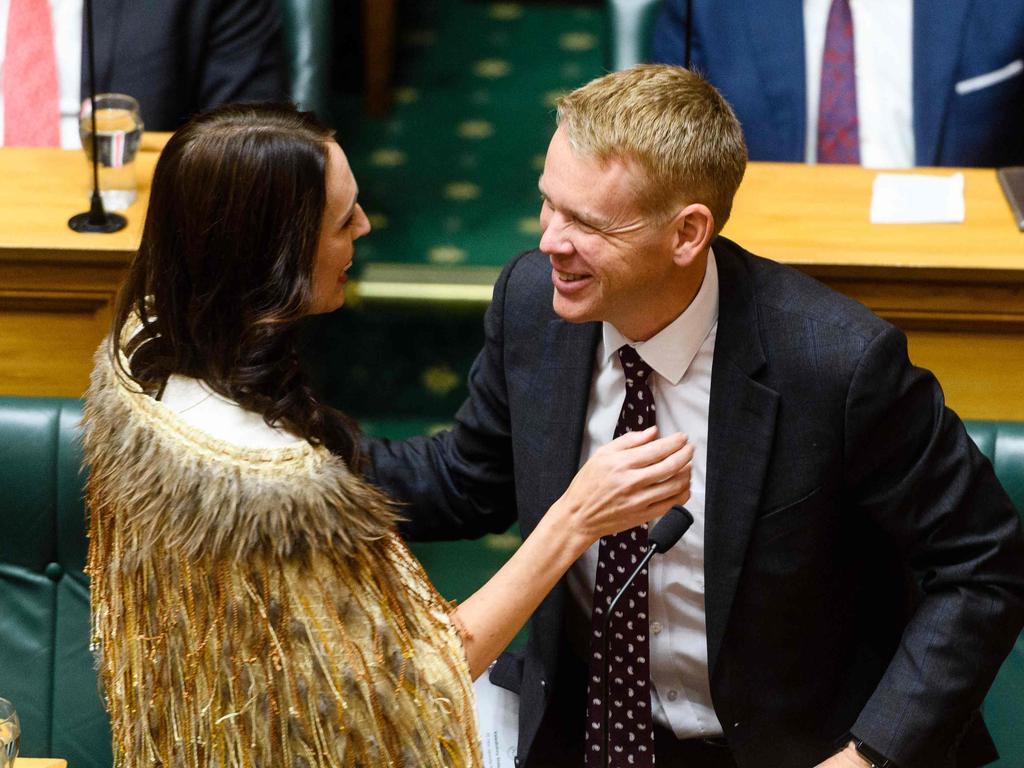

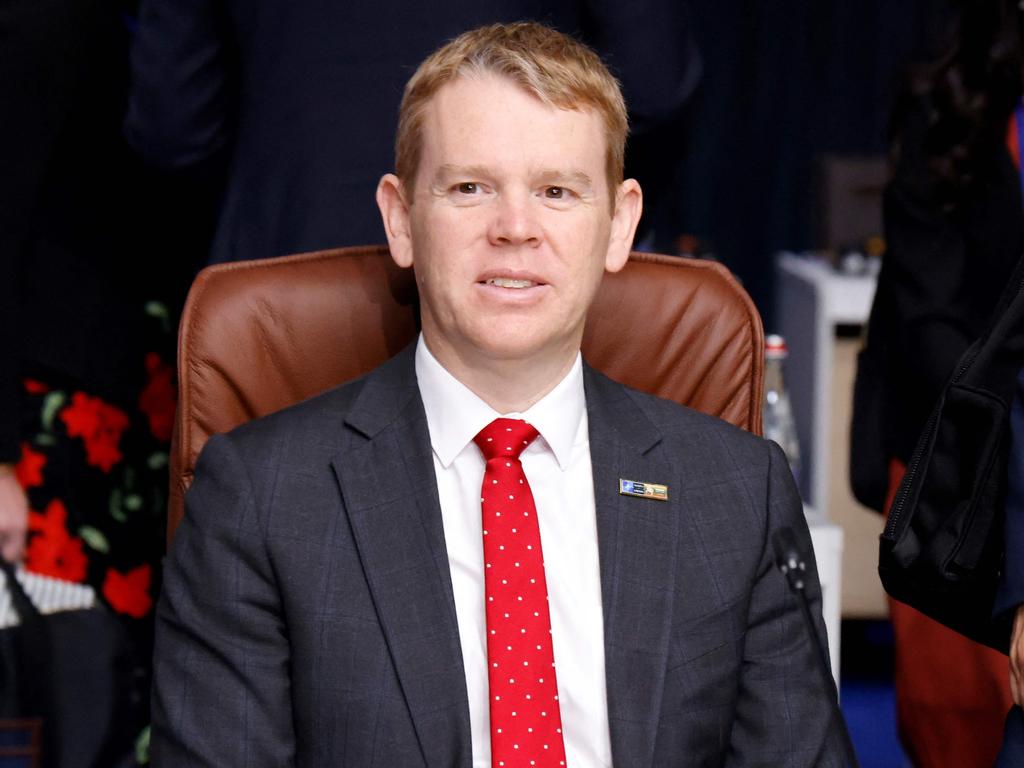
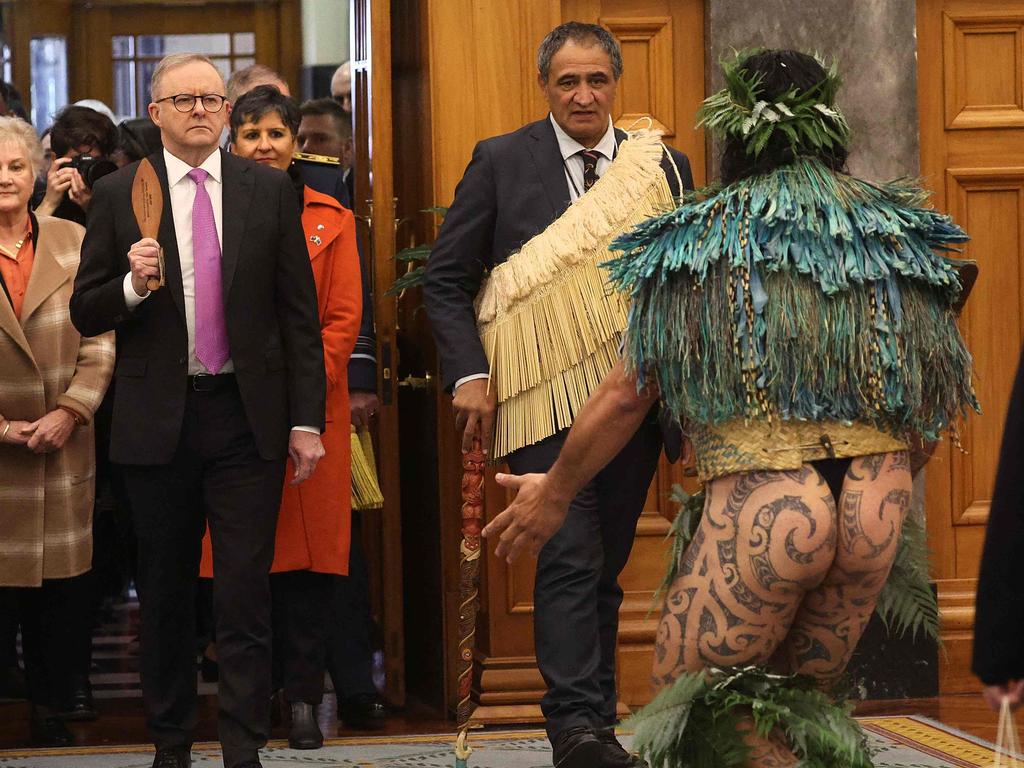


The good news if Winston Peters again chooses New Zealand’s prime minister is the country’s disastrous 30-year experiment with proportional representation would surely be at an end.